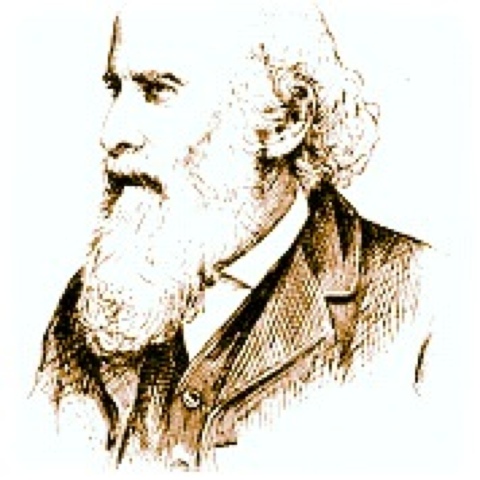Long-Term Effects
Have you ever thought about the first person who ever call themselves an ‘actuary’? I imagine this person waking up one morning and thinking “Oh, I want to become the first actuary!” This person must have been very smart just to come up with this idea. The next day, someone asked them “What do you do in life?” And they replied “I’m an actuary, I tell people what’s the chance they’re going to die this year.” Well, that’s what Edward Rowe Mores did in 1762, when he decided, as the leader of what would become Equitable Life, that he should be called ‘actuary’. This is the first recorded time that the word referred to a role in business. I’ve looked up Edward Rowe More and what was the most fascinating thing to me is that he wrote a lot of papers in Latin. I suppose Latin was the Lingua Franca in the scientific community of that time. But still, it amazes me. I did 2 years of Latin, and my mastery of Latin doesn’t allow me to read more than the line “Cogito ergo sum”.
What is also fascinating is that Edward Rowe Mores took over the executive leadership of the mutual company and then asked to be called the actuary. Centuries later, in the context of the Equitable Life review, Lord Penrose writes in his famous report: “Should the existing appointed actuary system continue, it is clear that on no account should it be permitted that the appointed actuary should also be the chief executive.” In other words, Edward Rowe Mores started a great profession, but also sowed the seed of its troubles in modern days by merging the roles of chief executive and appointed actuary. This is a humbling reminder that what we do today affects people tomorrow,… or in 250 years.
What is also fascinating is that Edward Rowe Mores took over the executive leadership of the mutual company and then asked to be called the actuary. Centuries later, in the context of the Equitable Life review, Lord Penrose writes in his famous report: “Should the existing appointed actuary system continue, it is clear that on no account should it be permitted that the appointed actuary should also be the chief executive.” In other words, Edward Rowe Mores started a great profession, but also sowed the seed of its troubles in modern days by merging the roles of chief executive and appointed actuary. This is a humbling reminder that what we do today affects people tomorrow,… or in 250 years.



Comments
Post a Comment